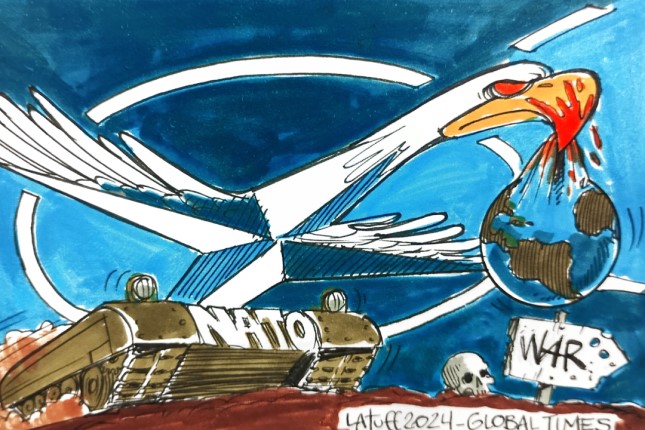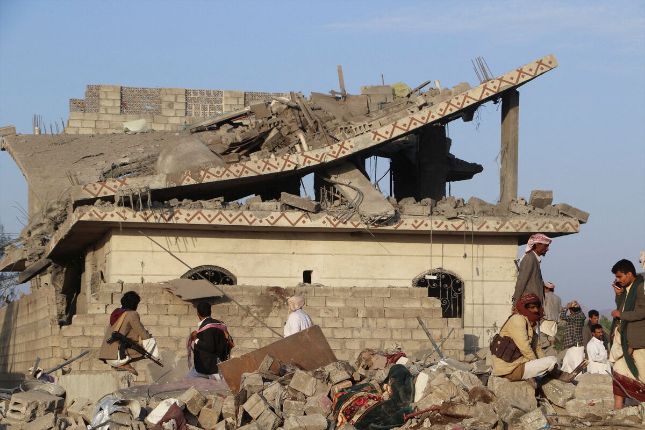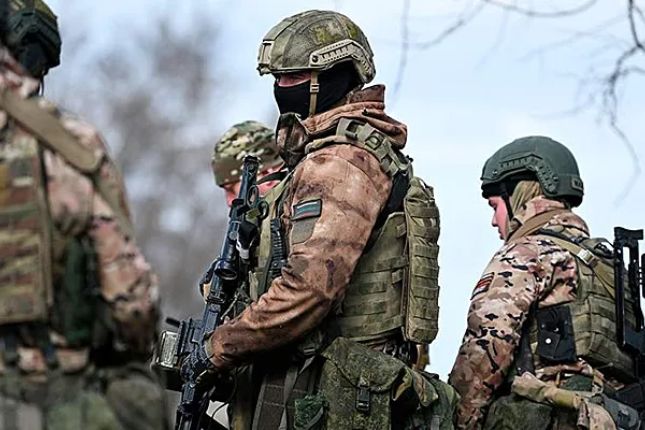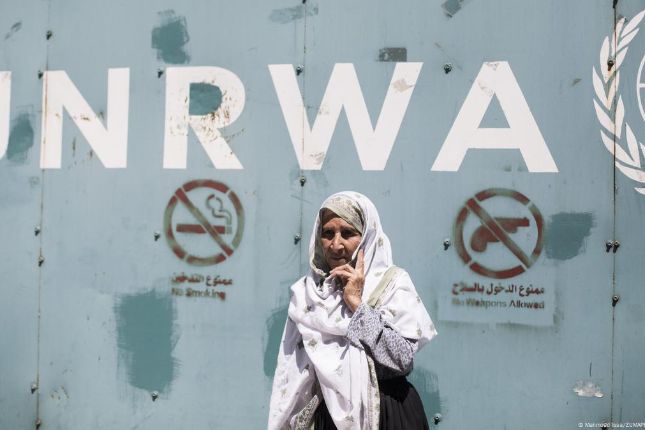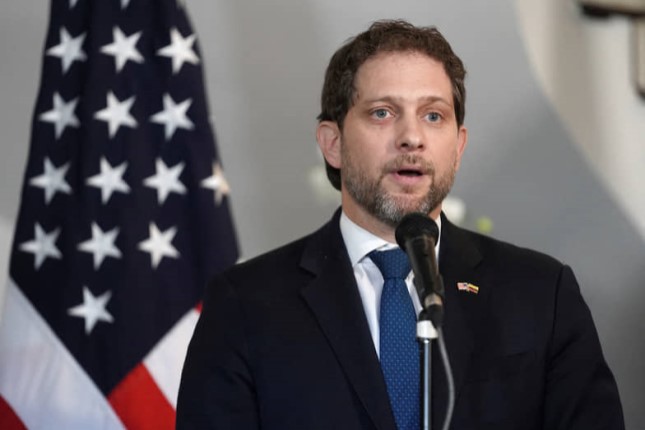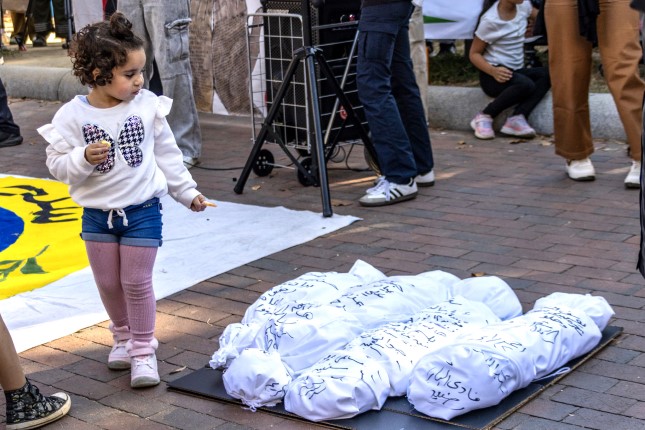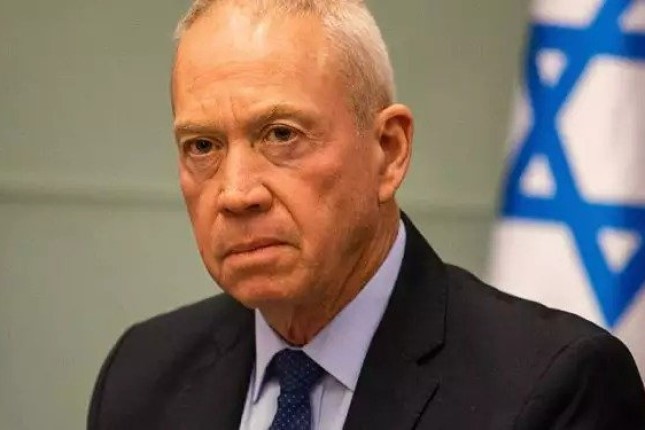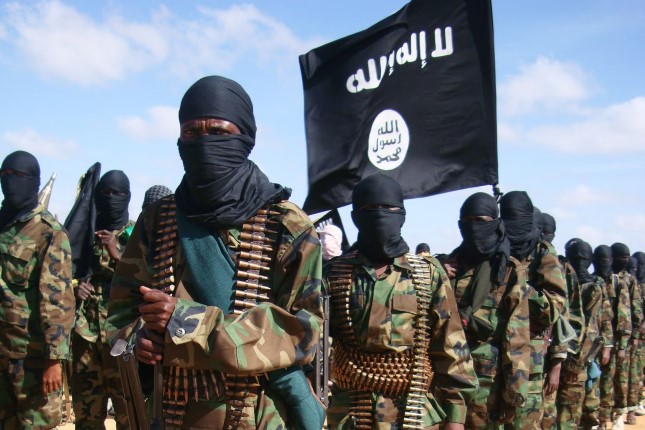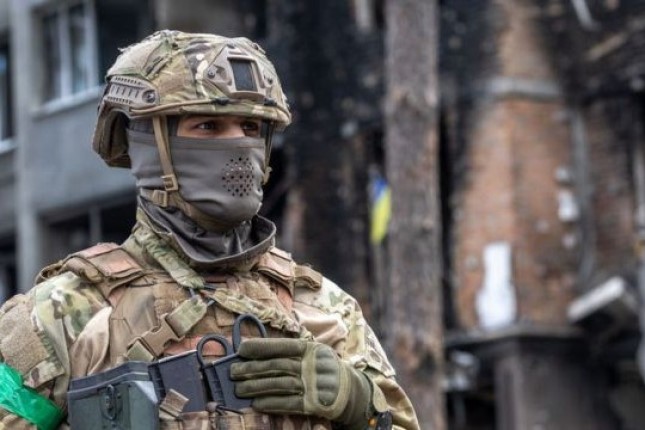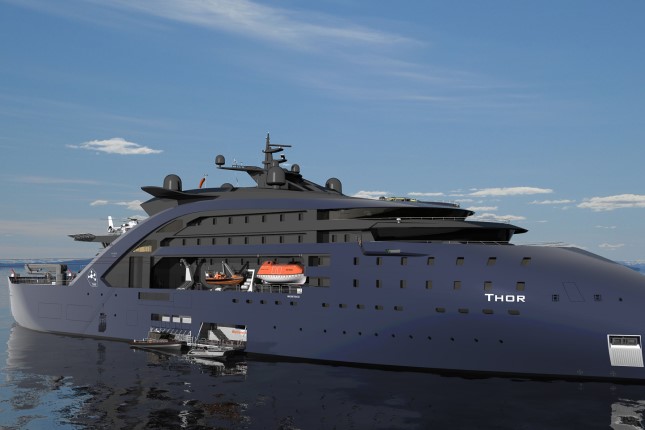The Russia-Ukraine conflict is about to enter its third year, and NATO has no plans to end the bloodshed there. The latest evidence is NATO chief Jens Stoltenberg's statement -the West must be prepared for "decades-long confrontation" with Russia. Just two days before Stoltenberg's remarks were published, Russian President Vladimir Putin articulated in his first interview with a Western media outlet in two years: We are ready to talk.
One doesn't have to be a geopolitical expert to make the judgment on who is preventing the conflict from coming to an end.
The West does not seek war with Russia, but should still "prepare ourselves for a confrontation that could last decades," Stoltenberg told German newspaper Welt Am Sonntag in an interview published on February 10.
The declaration - the West does not seek war with Russia - is as hypocritical as the US, which keeps bombing here and there while saying it does not seek conflict. "What Stoltenberg said, in essence, is a call for war mobilization, an attempt to hype up a war-like atmosphere to further strengthen NATO's interests gained during the Russia-Ukraine conflict," Shen Yi, a professor at Fudan University, told the Global Times.
What interest? To start with, NATO needs to secure its significance of existence. After the fall of the former Soviet Union, there were constant doubts about the existence and function of NATO. It thus keeps seeking new enemies for itself. Russia, as NATO's current enemy, has thus become the cornerstone of NATO's presence today.
Then it is about money. The organization is like an undertaker, or a store owner of coffin and casket, which makes no money in peacetime. As an undertaker, NATO needs conflict, bloodshed for earnings. So it spreads fear and panic in order to ensure its member countries continue to contribute military funding, experts said.
Putin said Russia did not refuse and is not refusing negotiations. Objectively speaking, on the one hand, Moscow is not interested in getting trapped in a long-lasting and full-scale war, as ultimately, Russia and the West will have to co-exist. Therefore, when in a favorable tactical and strategic position, Russia is willing to send a signal of negotiation, dialogue to its opponents. On the other hand, facing conflicts and geopolitical games, Putin has shown adjustments and a more flexible manner compared to that of the West and NATO, Shen told the Global Times.
Will NATO listen to him? Hardly. Stoltenberg is playing the role as a representative of the Pentagon's NATO branch under the Biden administration. The Biden administration definitely does not want to see a failing Ukraine in the election year, otherwise, the conflict will become a key obstacle for Biden's reelection.
Donald Trump, on the other hand, is pushing for a possible return to the White House, and has been constantly challenging Biden on the issue of Russia-Ukraine and on NATO.
The US election is one of the most influencing factors on how long the conflict will last, given the different Ukraine policies the major presidential candidates have. To some extent, we can view Putin's interview with Tucker Carlson as a dialogue between Putin and Trump, who has described NATO at different times as being "obsolete," Lü Xiang, a research fellow at the Chinese Academy of Social Sciences told the Global Times.
On Saturday, Trump said he would encourage Russia to "do whatever the hell they want" to any NATO country that doesn't pay enough at a rally in Conway, South Carolina. "NATO was busted until I came along," Trump stressed. The White House soon responded by calling Trump's remarks "appalling and unhinged" and touted Biden's efforts to bolster the alliance.
Regardless of whether Biden or Trump decides Ukraine policy, no one can deny how dangerous the US-led NATO is for Europe. Biden is exploiting Europe, and Trump doesn't care if another war breaks out in the continent.
Ukraine is not the only one bleeding. The longer the conflict continues, the more likely it will become a burden for the US.
With soaring energy, industrial, and commodity prices, people across the word will be hurt eventually. The US may have temporarily gained from arms and energy sales, but in the long run, the US dollar could gradually lose its clout and the US' hegemony will be disintegrated. There will be absolutely no winner in this conflict, Song Zhongping, a Chinese military expert and TV commentator, told the Global Times.
Listening and taking orders from an undertaker is not in Europe's interest. European countries' shouldering their own defense, making peace with Russia, and achieving peaceful and common development are.
Photo © Carlos Latuff.
Source: The Global Times.
